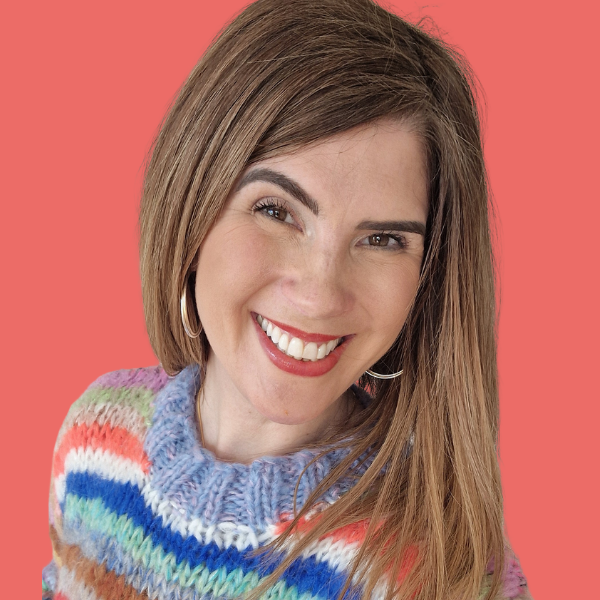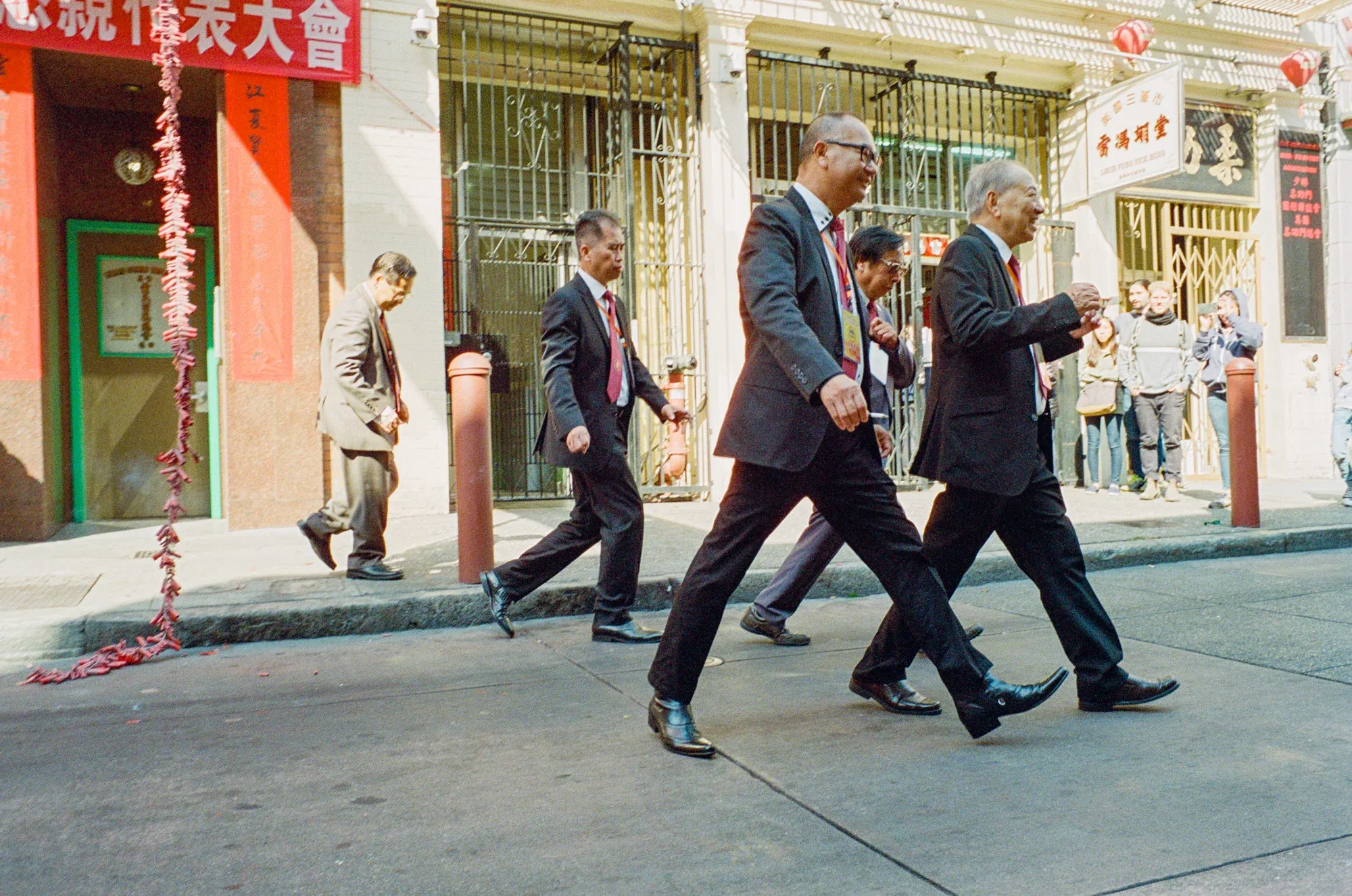
Chelsea Rustrum
Chelsea Rustrum focuses her work where AI, web3, and new economic systems meet. She gets involved in technology and community projects that reshape how we live and share resources— expanding our awareness and capacity for connection.
Author & Thought Leader
Led a movement and authored a book during the early sharing economy in Silicon Valley
Web3 & AI Pioneer
Co-founded a global web3 agency focusing on human-centric technology
Co-space Creator
Created a transformative retreat center in a Francis of Assisi convent in Italy
International Speaker
Speaks globally on the importance of shared value and ownership
Speaking
On the ethics, challenges, and human-centric progress of web3 technology
As Featured In
Latest Thoughts
Insights on web3, shared economies, and human transformation

Life Myths Created by Runaway Capitalism & How to Change the Story
Your life is not a journey to ‘find yourself’ or ‘discover your purpose’ — no, in fact, these are the taglines of runaway capitalism.
Read More
Experiences > Stuff → Is a LIE
Ownership is Necessary
Read More
2021 Data Monetization Predictions
First of all, what is a Data Union? A Data Union is a framework that allows people to easily bundle and sell their real-time data and earn…
Read More
Who Owns Our Digital Lives?
Or why I’m working with Streamr to get data unions into enterprise
Read More
Is Google search a walled garden?
Slowly closing us off, limiting our interactions & choices
Read More
Technology vs. Humanity—Are We Spiritual Machines?
If technology is created by humans, doesn’t that make technology inherently human?
Read More
All People Are Stakeholders of Technology — Ethics & Blockchain
We sit at the precipice of this web of invisible connectivity — a weaving of people, places, and commerce.
Read More
Airbnb is looking to offer hosts equity — the evolution of the sharing economy
The future of business is value sharing
Read More
The suits we wear — the suits I refuse
How can we truly see one another, moment to moment?
Read More